This usually comes as a surprise to .NET programmers, the C# Language Specific in section 15.1 explains:
Note that System.Delegate is not itself a delegate type; it is a class type from which all delegate types are derived
And of course there is no conversion of a method to a class. The first argument of BeginInvoke() must be a delegate type to keep the compiler happy. Maybe that sounds like an arbitrary limitation, it is most definitely not. A very important property of delegates is that they are type-safe. A pretty big deal in a statically typed language like C#. You can't invoke a delegate with too few arguments, or too many, or arguments of the wrong type. Checked when the delegate is created, you get a compile time error while you are still in your pajamas or the comfort of your cubicle. No surprises at runtime with your program suddenly keeling over at the most inopportune time of the day. This type checking of course cannot work for Delegate. So it is not a delegate type.
This does go wrong with Control.BeginInvoke(), it uses a back-door to get the method invoked. Kaboom when you pass Math.Pi instead of progress, you can't find out until you run the code. Not a pleasant exception either because it is unclear whether you got the BeginInvoke() call wrong or whether the invoked method threw an exception. Actually much more of a problem with Invoke().
Anyhoo, gotta give the compiler a delegate, more than one way to do that:
The venerable anonymous method syntax still works pretty well in this context:
this.BeginInvoke(delegate() { ShowProcessErrors(process); });
You already found MethodInvoker, I usually go for Action since it is shorter:
this.BeginInvoke(new Action(() => ShowProcessErrors(process)));
And you can of course always keep the compiler happy with an extension method:
this.BeginInvoke(() => ShowProcessErrors(process));
with:
static class Extensions {
public static void BeginInvoke(this Control ctl, Action a) {
ctl.BeginInvoke(a);
}
}

